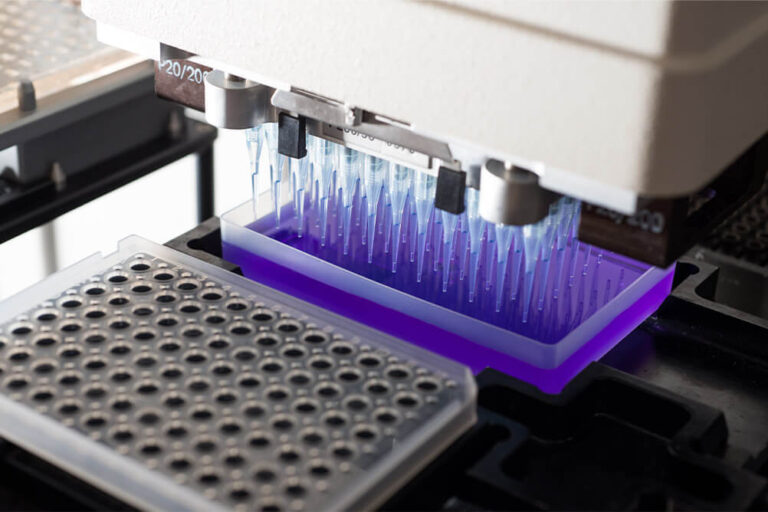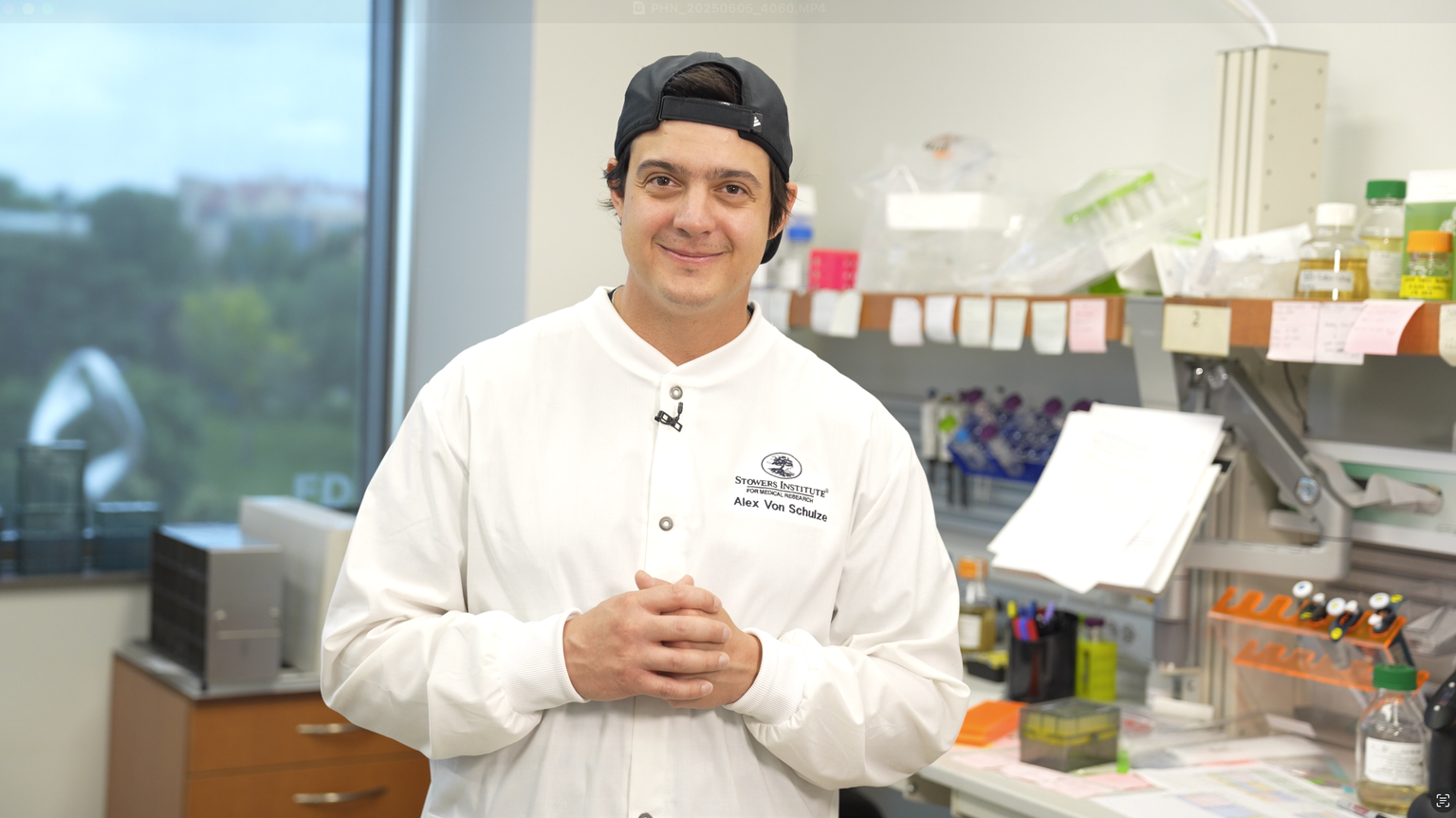While Stowers postdocs are expected to take ownership of their own career, access to abundant tools, resources, and guidance allows postdocs to successfully navigate their postdoctoral years and transition to professional positions.
At the Stowers Institute, IDPs are a tool used to help set goals and milestones, evaluate progress, and develop and modify plans to obtain the necessary skills and credentials needed for a postdoc to excel in their chosen scientific career. IDPs include a self-assessment, defining of career goals, a progress summary, and an individualized action plan and objectives for achieving success. An annual meeting of the mentor and postdoc and a biennial meeting of the Mentoring Team includes review of progress and updating of the postdoc’s customized IDP. Postdocs are expected to develop a thoughtful, reflective, and honest IDP, and revisit it frequently during their training.
Stowers IDPs are tailored to the postdoc’s stage of training. Generally, the Initial IDP is completed shortly after joining the program, with the Annual IDP being completed at the end of Years 1, 2 and 3. The Initial IDP is completed shortly after joining the program. The Annual IDP is completed at the end of Years 1, 2 and 3. At the end of Year 4, postdocs complete the Final IDP. Each IDP covers the same major areas of planning with questions unique to each phase of training. These areas include Career Goals, Research Assessment, Research Objectives, Mentorship, Personal Development, Skills Assessment, and Action Plan. The Final IDP also focuses heavily on plans for a job search.















